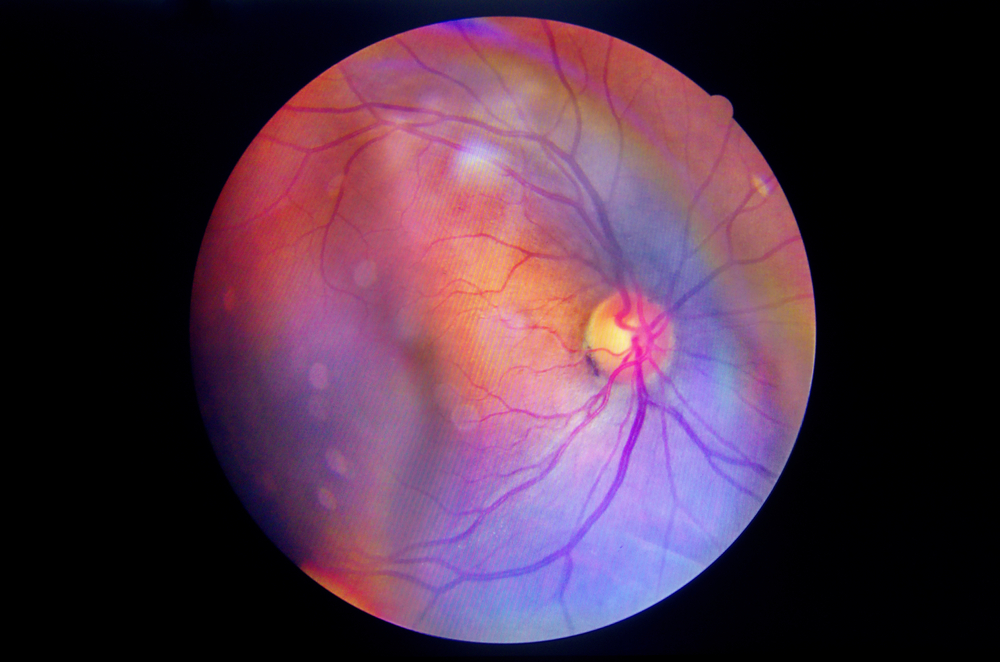
As a chronic disease, diabetes affects the body's ability to use or produce insulin, leading to high blood sugar levels. These high sugar levels, if uncontrolled, can inflict damage on the eyes, leading to a range of vision problems or even blindness. Understanding the correlation between diabetes and vision health is imperative.
How Diabetes Affects Vision
Diabetes primarily affects vision by damaging the blood vessels in the retina, the layer at the back of the eye that senses light and sends signals to the brain. This damage can lead to a condition called diabetic retinopathy, the leading cause of blindness in working-age adults. High blood sugar levels can also cause the lens of the eye to swell, affecting your ability to see.
Diabetic retinopathy occurs when high blood sugar levels cause damage to the blood vessels in the retina. These damaged blood vessels can leak fluid or bleed, distorting vision.
Cataracts and glaucoma are also more prevalent in people with diabetes. Diabetics are 60% more likely to develop cataracts and twice as likely to suffer from glaucoma compared to non-diabetics. These conditions can seriously impair vision and, in severe cases, lead to blindness.
Why Diabetes is a Serious Concern for Vision Health
Diabetes is a serious concern for vision health because the damage it causes to the eyes is often irreversible. Once vision loss occurs due to diabetic eye disease, it's not usually possible to regain it. This is why prevention and early detection are paramount.
Furthermore, vision health complications from diabetes can develop without noticeable vision loss or pain, making regular eye check-ups essential. Often, by the time symptoms appear, some damage has already occurred.
Lastly, the risk of developing diabetic eye disease increases with the length of time you've had diabetes and how well your blood sugar is controlled. This means that the longer you live with diabetes and the less controlled your blood sugar is, the higher your risk of developing vision complications.
The Importance of Regular Eye Exams for Diabetics
Given the serious implications of diabetic eye diseases, regular eye exams are crucial, especially for diabetics. These exams can detect early signs of eye diseases and potentially save your vision.
Regular eye exams are important because early-stage diabetic eye disease often has no symptoms. By the time vision loss occurs, it's often too late for effective treatment. Regular eye exams can catch these diseases early, when they're most treatable.
Comprehensive eye exams can also detect other systemic conditions, such as high blood pressure or high cholesterol, which can also be risk factors for vision loss.
How to Manage Diabetes for Better Vision Health
Managing diabetes for better vision health involves controlling your blood sugar levels, maintaining a healthy diet, exercising regularly, and getting regular eye exams.
Keeping your blood sugar levels within the recommended range can prevent or slow down the damage to the blood vessels in your eyes. Eating a balanced diet rich in fruits, vegetables, lean proteins, and whole grains can help manage your blood sugar levels.
Regular exercise, be it walking, cycling, or swimming, can also help control your blood sugar levels, reducing the risk of diabetic eye disease.
Conclusion
Diabetes is a serious concern for vision health due to the potential complications it can cause. It's important to understand how diabetes can affect your vision and take proactive measures to manage your condition and protect your vision health.
If you're living with diabetes, make eye care a priority. Schedule an eye exam today and take a step forward in safeguarding your vision health. Visit Hedges Eye Care at our office in Newberry, Florida, or call (352) 306-1103 to book an appointment today.








